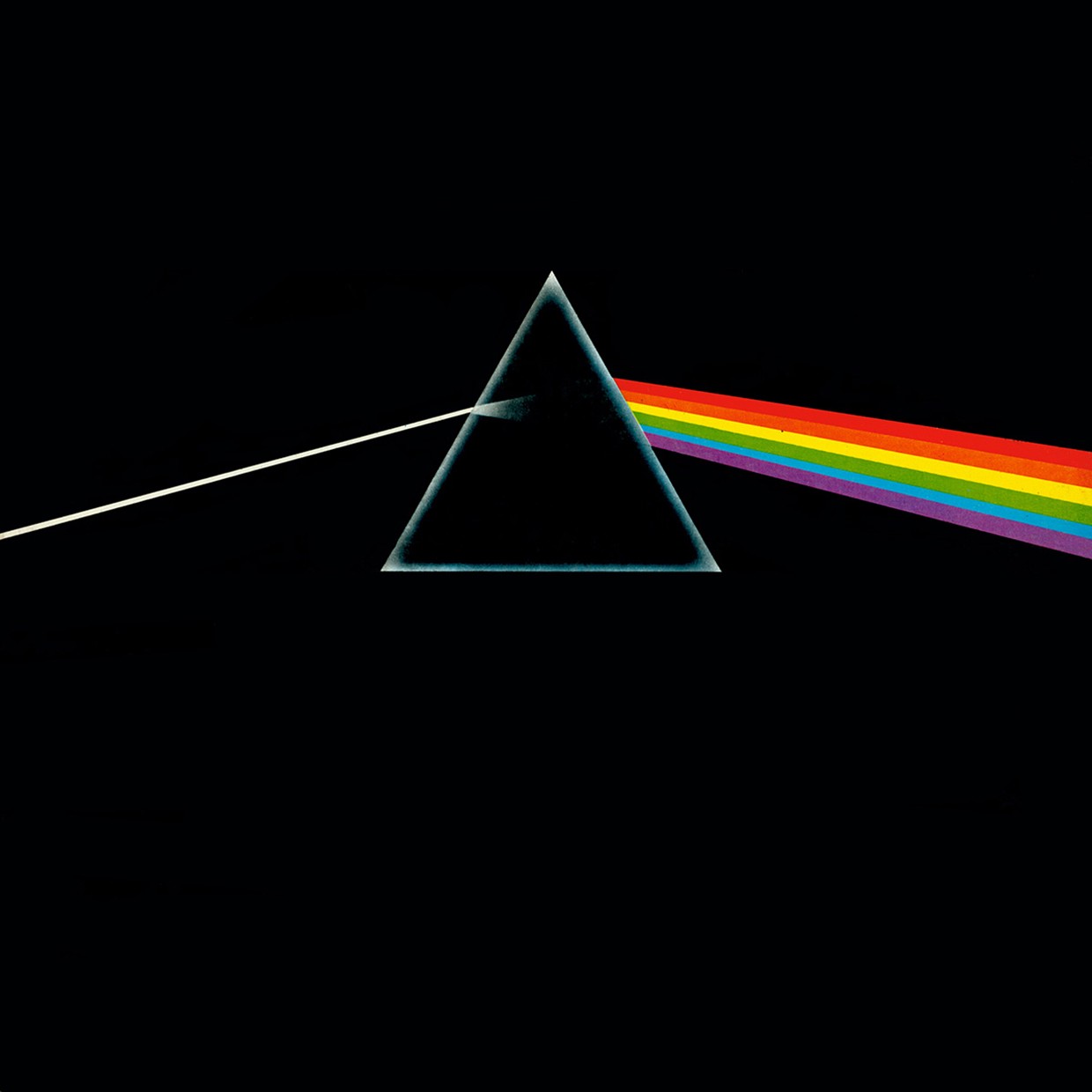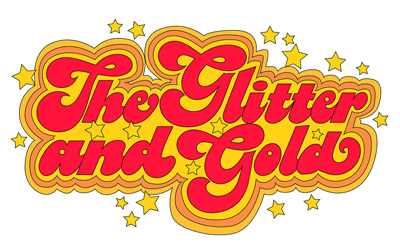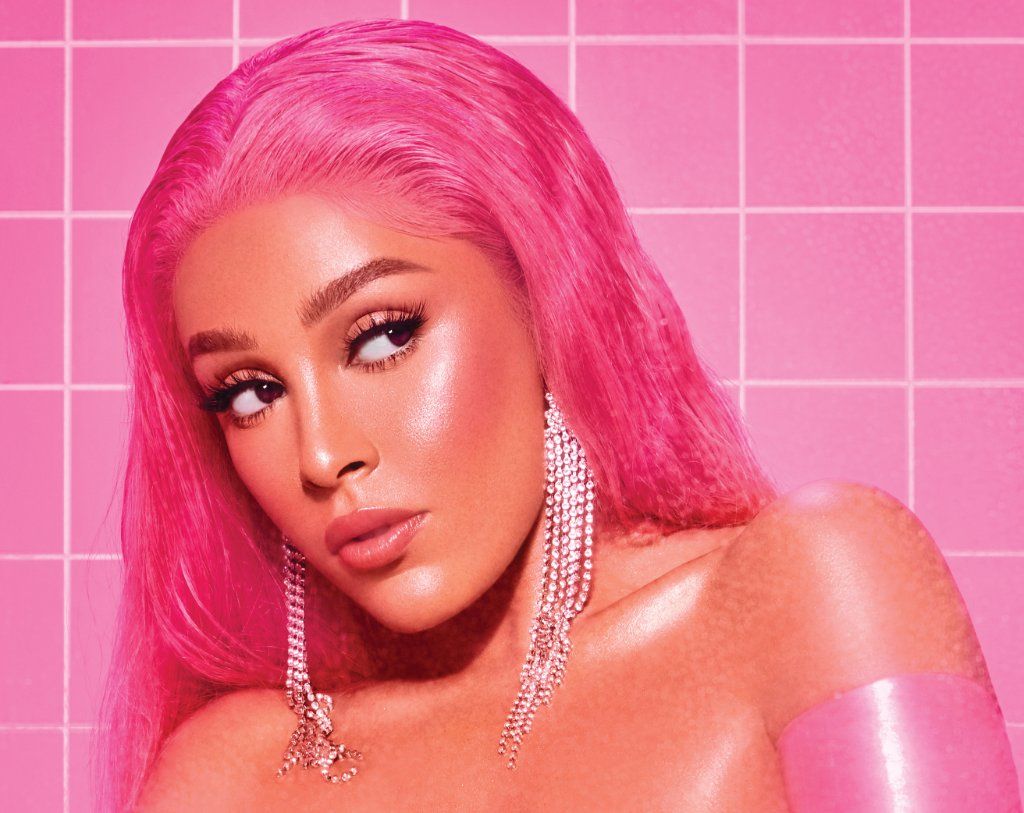US music listening has jumped 13.5% in the last six months. According to MRC’s Data’s Mid-Year US Report, music was streamed 555.3 billion times. This is an almost 10% (54.3 billion) increase from 2020. What is more startling is this. It is old music, not new releases, driving this increase. The popularity of catalogue music, songs more than 18 months old, rose from 60.8% in 2018 to 66.4% in 2021. In sharp contrast, new music listenership is falling. Why?
Why are more people listening to older music?
Live music has been on hold for the past 18 months. What could be a more obvious answer than this? Billions across the world have spent more than a year in lockdown. International mega tours and festivals have been suspended. With the US returning to live music this month, many still see it as an uncertain prospect. At least until the virus subsides. What is more, many live events are now being hampered by the deadly new Delta strain of the coronavirus.
Touring helps promote albums. The last 18 months have demonstrated just how crucial this connection is. A flow-on effect from the collapse of the live music industry has been that musicians who rely on music for a living are withholding new releases. When it comes to those who have sought to overcome the breaking of live and recorded music’s symbiosis, there have been many notable exceptions. Yet as many fans now know, live streaming concerts and virtual music festivals are no substitute for the real thing.
Even superstar artists have had to come to grips with the fact that new releases without tours underperform. Ariana Grande‘s Positions is a clear example. Her sixth album arrived in October last year. The album, both by Ariana’s megastar standards and relative to predecessor thank u, next, lacked impact.
Not all artists are in the same position as Ariana Grande. Career songwriters have continued unperturbed. Paul McCartney‘s McCartney III and Taylor Swift‘s recent releases have been critical, commercial and career-defining successes.

Vinyl is booming
McCartney and Swift are also exceptional in the number of vinyl albums they sell. Riding the vinyl boom, and stocked my reliable bricks and mortar vinyl retailers such as Brisbane’s Glitter Records, both topped new release vinyl sales lists in 2020. As MRC Data notes, vinyl consumption has grown for the 15th year in a row. In the last 6 months, there has been a 108.2% lift in total sales.
Even superstars acts can barely get their albums pressed without long delays. Quarantined at home, people are buying vinyl, which has now surprised CD sales, in record numbers. When it comes to vinyl albums McCartney and Swift fail to sell the same number of records as classics such as Pink Floyd‘s The Dark Side of the Moon. And, to add a layer of irony in McCartney’s case, The Beatles‘ Abbey Road and Sgt. Pepper’s Lonely Hearts Club Band.

The rise of Hipgnosis and catalogue management
While new music struggles due to the pandemic, old music has received an unexpected boost. Music publishing is undergoing a revolution. A much talked about new player in the publishing field is $2 billion (US) “song management company” Hipgnosis. The firm has paid $1.1 billion in the last year alone to acquire ownership of songs by Neil Young, Dua Lipa, The Red Hot Chilli Peppers and thousands of others.
Companies such as Hipgnosis are more agile than the major record labels and traditional publishers which own or administer musical rights. They assign fewer songs per employee and take a hands-on approach to actively promoting old songs and the artists who wrote them. Pop icons such as Nirvana‘s Kurt Cobain, whose songs are partly managed by publisher Primary Wave, are being marketed as vigorously as when they were still alive.
People are not simply returning to the music they love, they are being seduced into doing so by canny marketing campaigns. The boom in blockbuster rock biopics such as Queen‘s hugely successful 2018 film Bohemian Rhapsody and Elton John‘s Rocketman in 2019 must also be considered. What is more, the media presence of still-living rock legends such as Paul McCartney and Roger Waters continues to create awareness for older catalogues.

Old music offers an escape from the Covid crisis
In 2021 people want to escape from their loneliness and disconnection. Offering a portal to a happier time, old music caters to this need exceptionally. Newer acts, in contrast, are confronting the same problem as the media industry. That is, an audience unwilling to confront their real feelings about the pandemic.
There are exceptions. Take Masked Wolf‘s ‘Astronaut in the Ocean’ for example. It is a sweeping statement of disillusion. One that has won an obscure Australian rapper the status of one of the most listened to artists in the world.

New stars are being born
It is not all bad news for pop newcomers. As stars of the pre-covid era struggle to adapt, new acts are making headway. MRC Data reports Olivia Rodrigo‘s ‘ ‘Drivers Licence’ has amassed 460.2 million audio streams since its release in January. Prior to the release of the single, Rodrigo was best known for her acting work in the hit Highschool Musical Netflix series. With television streaming subscriptions reaching record numbers while music festivals and international tours flounder, Rodrigo’s acting credentials are no coincidence.









